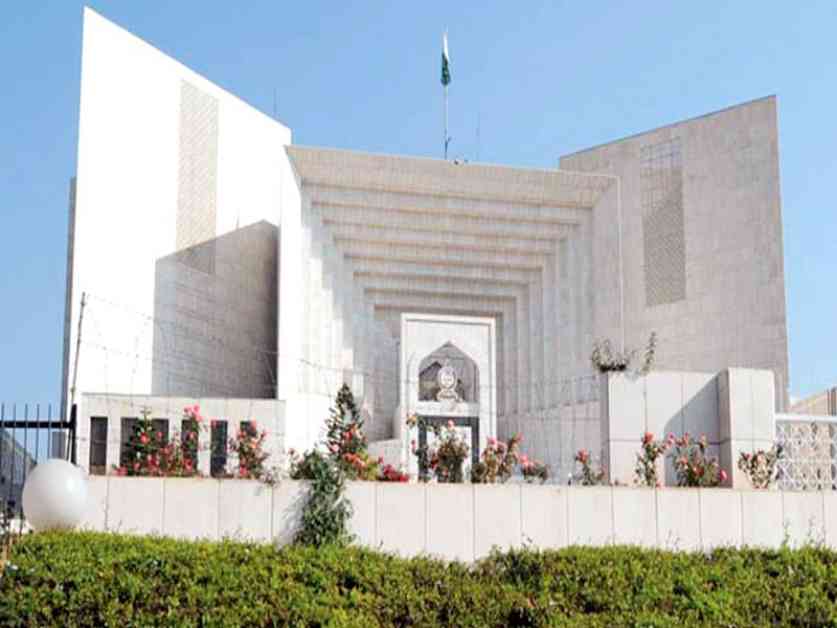Reevaluation of Supreme Court Conduct After Recent Decisions
In a recent turn of events, the acceptance of mercy petitions by the army chief for 19 convicts on humanitarian grounds has sparked a heated debate regarding the relevance of the Supreme Court’s proceedings on matters related to the legality of trials of civilians in military courts. This development has left many questioning the authority and impact of the constitutional bench’s decisions.
Legal Fraternity’s Disappointment
Members of the legal fraternity have expressed disappointment with the Supreme Court’s conduct in this case, believing that the damage to the authority of the civilian judiciary has already been done. The implications of these decisions on the justice system and the broader legal landscape are being closely scrutinized and debated.
Expert Commentary on Mercy Petitions
Advocate Hafiz Ehsaan Ahmad Khokhar shed light on the grant of pardon and remission to the convicts by military courts, emphasizing the legal framework under which such decisions are made. Former additional attorney general Tariq Mahmood Khokhar emphasized the importance of the rule of law in upholding justice and fairness in legal proceedings, cautioning against arbitrary exercises of discretion that could undermine the principles of justice.
Impact on Supreme Court’s Relevance
The series of military court trials, convictions, sentences, and subsequent pardons have raised concerns about the Supreme Court’s perceived relevance in the face of these decisions. The implications of these events on the justice system, the constitutional framework, and the public perception of the judiciary are being closely examined and debated.
As we navigate through these complex legal and ethical dilemmas, it is crucial to reflect on the broader implications of these decisions on our society, our legal system, and our shared values of justice and fairness. The intersection of military and civilian authority, the exercise of legal discretion, and the implications for the rule of law are all critical considerations that require thoughtful deliberation and engagement from all stakeholders.
The evolving landscape of legal proceedings and the shifting dynamics of authority and responsibility underscore the need for a robust and transparent legal framework that upholds the principles of justice, fairness, and accountability. As we grapple with these challenging questions and navigate the complexities of our legal system, it is imperative that we uphold the highest standards of ethical conduct, legal integrity, and judicial independence to ensure the continued integrity and relevance of our legal institutions.









